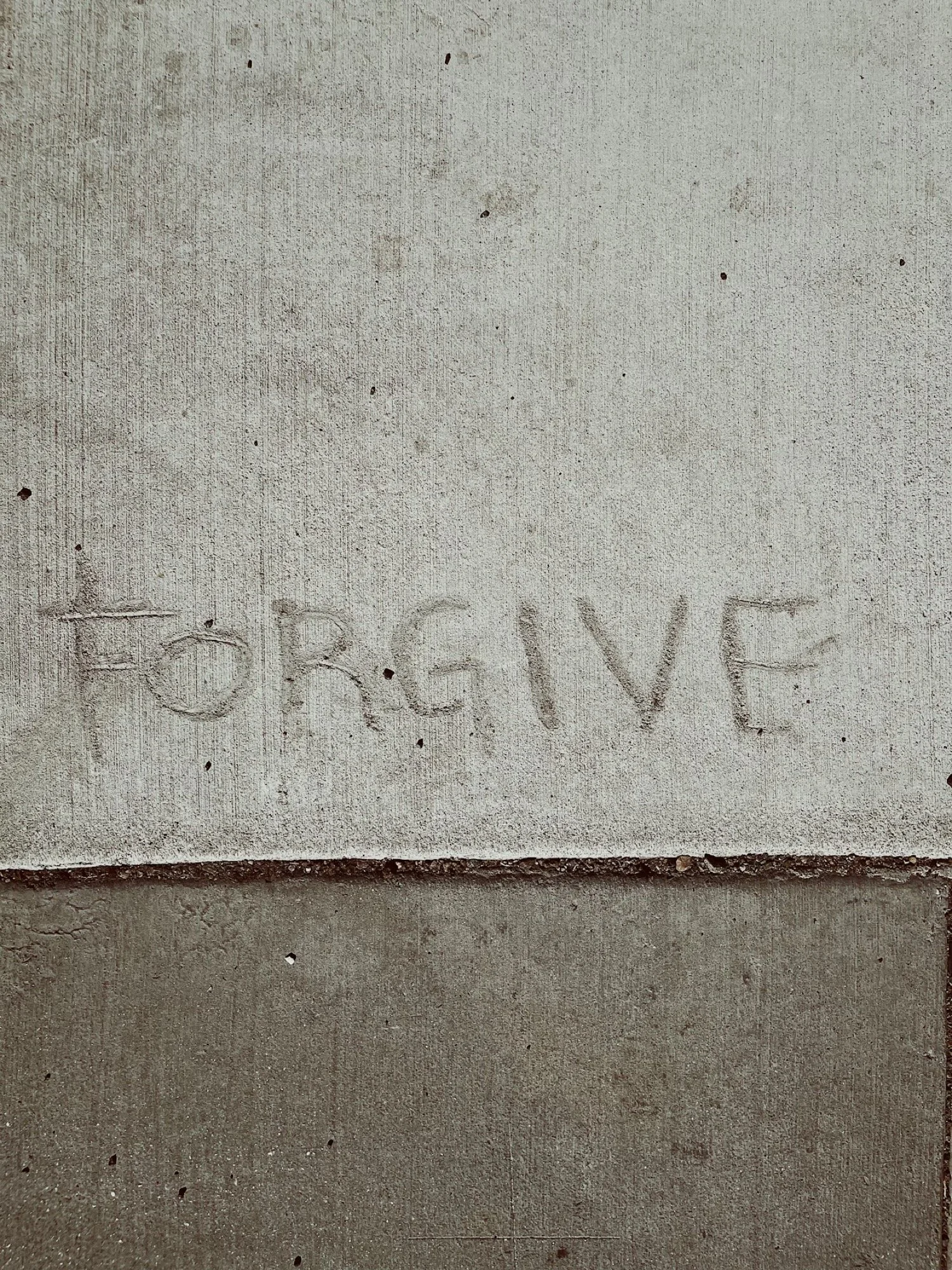Readings for today: Matthew 16, Mark 8:11-38, 9:1, Luke 9:18-27
For the past two weeks, I’ve been preaching to indigenous church planters in South Sudan and Northern Uganda. These courageous men and women are planting churches in villages all over East Africa. They only go where the gospel has not yet been heard. They take nothing with them except the clothes on their backs and maybe a Bible. They have little to no relational connections to depend on. They simply show up. Start preaching. And God does the rest. Why do they go? Why do they risk their lives? Why do they sacrifice everything for the sake of this mission? Simply put, they trust Jesus. They trust the promise Jesus gives us in Matthew 16:18 CSB when He says, “I will build my church, and the gates of Hades will not overpower it.”
Jesus is building His church. He is the architect and He holds the master plan. He is the general contractor who is gathering together all the materials. He is the laborer who actually puts all the pieces and parts together. His goal is to create a community to call His own. To call out from the world a family who will bear His name. Through the church, Jesus is fulfilling the ancient promise of God. “I will be there God and they will be my people.” It’s one of the earliest promises God makes to humanity. A promise to restore that which was broken. A promise to redeem that which was lost. A promise to save that which is enslaved. God wants to walk with us in the Garden in the cool of the day. God wants to live with us in an eternal city full of light and life and wonder and joy. And between what was at creation and what will be in the new creation, God has a church. And because that church draws her life from Jesus Himself, she can never be overpowered. She can never be overcome. The gates of hell itself cannot stand against her.
These church planters I serve go to the gates of hell. They live at the edge between the natural and supernatural realms. Their lives are “thin spaces” where the veil between this world and the next becomes translucent. They often battle demonic powers. The spiritual forces of evil manifest themselves in all sorts of ways over here. Deliverance from demonic possession is a practical, pastoral skill. Their churches are often planted through a miraculous demonstration of God’s power. A healing. A resurrection. Manna from heaven. The kinds of things we read about in the Bible but aren’t quite sure we believe. They are lived realities over here. And through their prayers and sacrifice and service and love, the Kingdom of God is advancing and the kingdom of Satan is fading. Heaven is filling up. Hell is emptying out. Entire communities are being transformed. It’s breathtaking.
Can this happen in America? Absolutely. What will it require? A commitment to build our lives on the Rock that is Jesus Christ. He alone is steadfast, immovable, and unshakeable. He alone is faithful and true. He alone holds the power of Death and Hades in His hands. And He alone has the knowledge and authority and skill to build His church in such a way that not even hell itself can stand against it. What part do we play? Simply put, we believe. We obey. We pray. We proclaim. We give. We serve. We sacrifice. As we do these things over a lifetime, God promises to use us as “living stones” to build up His church.
Readings for tomorrow: Matthew 17-18, Mark 9:2-50, Luke 9:28-56




